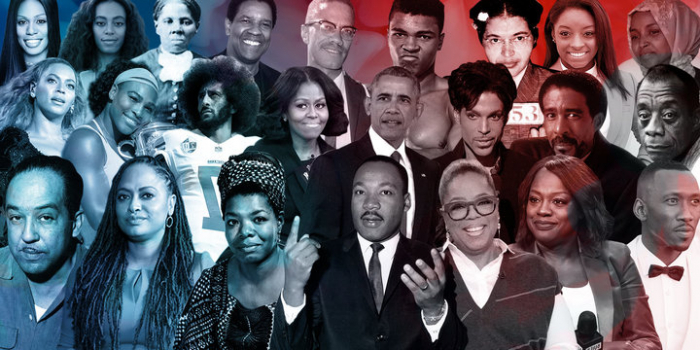The answer lies with eminent American historian Carter G. Woodson, who pioneered the field of African American studies in the early 20th century. Inspired, having attended a three-week national celebration of the 50th anniversary of emancipation in 1915, Woodson joined four others in founding the Association for the Study of Negro Life and History (ASNLH) to encourage scholars to engage in the intensive study of the black past, a subject that had long been sorely neglected by academia and in U.S. schools. In 1916 Woodson began editing the association’s principal scholarly publication, The Journal of Negro History. In 1924, spurred on by Woodson, his college fraternity, Omega Psi Phi, introduced Negro History and Literature Week. Two years later, determined to bring greater attention to African American history, Woodson and the ASNLH launched Negro History Week in February 1926.
February is the birth month of two figures who loom large in the black past: U.S. Pres. Abraham Lincoln (born February 12), who issued the Emancipation Proclamation, and African American abolitionist, author, and orator Frederick Douglass (born February 14). Since the deaths of Lincoln and Douglass (in 1865 and 1895, respectively), the black community had celebrated their contributions to African American liberation and civil rights on their birthdays. By rooting Negro History Week in February, Woodson sought to both honor the inestimable legacy of Lincoln and Douglass and to expand an already existent celebration of the black past to include not only the accomplishments of these two great individuals but also the history and achievements of black people in general.
As early as the 1940s, some communities had transformed February into Negro History Month. With the ascendance of the American civil rights movement and the rise of black consciousness in the 1960s, Negro History Week had become Black History Month in more and more places. In 1976 the association that Woodson had founded (since renamed the Association for the Study of African American Life and History) facilitated the widespread institutionalization of February as Black History Month, and U.S. Pres. Gerald Ford urged (as all subsequent presidents would) Americans to participate in its observance.
Read the original article on britannica.com.
More about: Blackmonth
















































